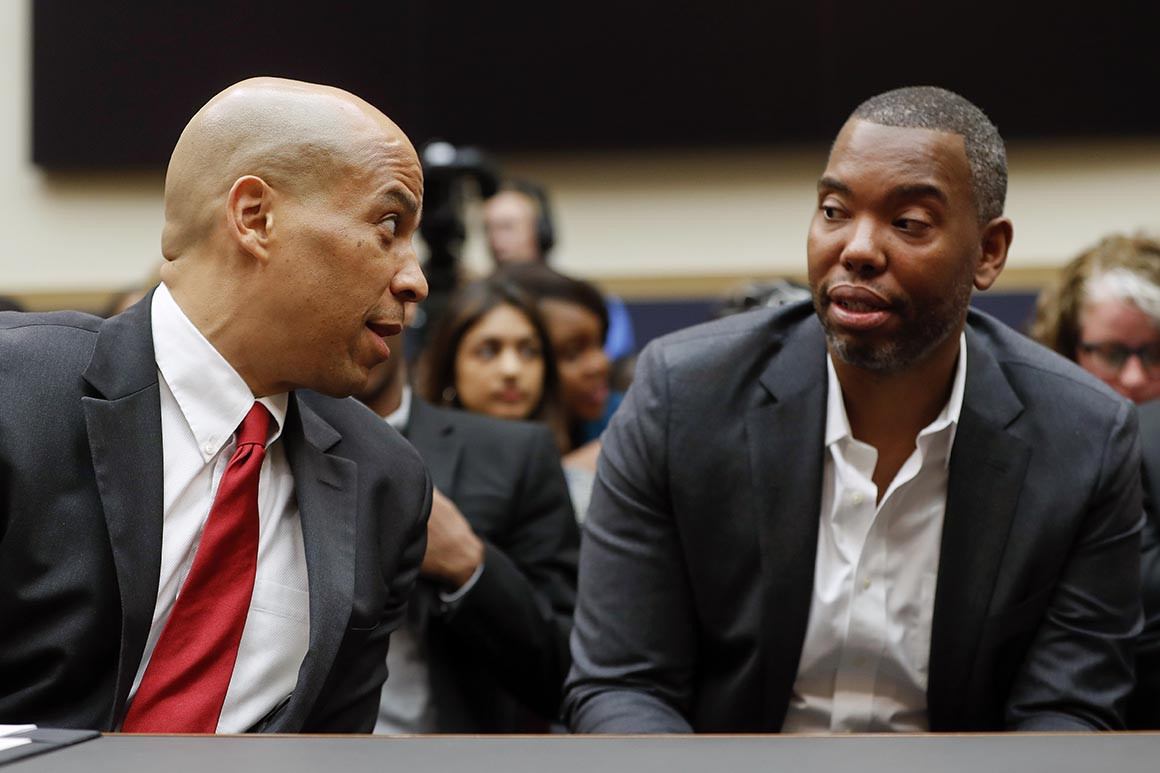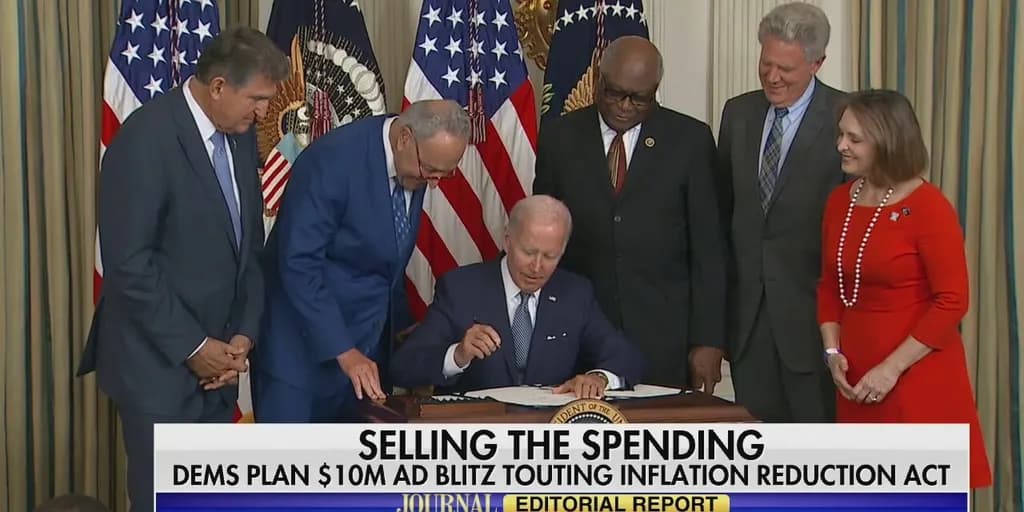The financial state of the nation has taken a dramatic turn as the budget deficit skyrocketed by $319.7 billion, reaching an alarming total of $1.7 trillion. This 23.2 percent increase raises serious questions about fiscal responsibility and the implications for everyday Americans struggling with economic uncertainty. These alarming figures come just as the Biden Administration faces sustained attacks on its commitment to racial equity and inclusion programs.
Federal Budget Deficit Hits Record Levels
According to the Fiscal Year 2023 financial report, the federal government is grappling with a staggering budget deficit. The increase signals not just a failure to manage the economy effectively, but also a potential risk to essential services and programs that millions rely on. With a net operating cost decrease of $753.8 billion, the apparent shortfall in revenue raises critical concerns about where the funds are being allocated and the priorities of the current administration.
Government Accountability Office Reports Significant Returns
In a stark contrast to the rising deficit, the Government Accountability Office (GAO) reported that its initiatives yielded $70.4 billion in financial benefits for the federal government in FY 2023. This indicates that with the right investments in efficiency and effectiveness, the government can still generate substantial returns. However, the challenge lies in ensuring that these efficiencies are not undermined by political agendas that prioritize cuts over necessary reforms.
\n\n
Reparations Won"t Start With Congress. A President Needs to ...
Racial Equity Initiatives Targeted by Extremist Policies
The Biden Administration has made strides in advancing racial equity through landmark legislation, as highlighted by the Advancing Equity and Racial Justice initiative. Yet, these efforts are under siege. Recent proposals to dismantle diversity, equity, and inclusion (DEI) programs have surfaced, portraying such initiatives as detrimental rather than beneficial. The push to eliminate these programs, described by some as radical and wasteful, threatens to roll back progress made in addressing systemic inequalities.
Government Efficiency and Accountability in Question
The future of governmental efficiency hangs in the balance, with experts from the Harvard Kennedy School discussing potential reforms. As fiscal pressures mount, the need for effective accountability measures becomes even more critical. If the government fails to capitalize on proven strategies to improve efficiency, the ramifications for social safety nets and public services could be severe.
\n\n
Federal Reserve Building, Washington, D.C. | Library of Congress
Legislation Aimed at Protecting Marginalized Communities
Amidst the fiscal chaos, the Justice for All Act seeks to safeguard against discrimination based on sex, sexual orientation, gender identity, and race-related characteristics. Such legislation underscores the importance of protecting vulnerable populations while the federal budget flounders. The intersection of fiscal policy and social justice demands urgent attention, as prioritizing equity is essential for fostering a truly democratic society.
The ongoing struggle between fiscal reality and the moral imperative to support equity reflects a broader clash of values within American governance. As these narratives unfold, advocates for justice must remain vigilant against efforts to erase progress made in the name of efficiency. The actions taken today will define the landscape of tomorrow.

![[Video] Anti-ICE Protester Pepper Sprayed as CBP Agents Disperse Crowd in Minneapolis](/_next/image?url=%2Fapi%2Fimage%2Fthumbnails%2Fthumbnail-1768260677127-y71sb7-thumbnail.jpg&w=3840&q=75)

![[Video] Several injured as U-Haul truck drives through Iranian protestors in Los Angeles](/_next/image?url=%2Fapi%2Fimage%2Fthumbnails%2Fthumbnail-1768176682028-q95y6j-thumbnail.jpg&w=3840&q=75)
![[Video] Scuffle breaks out between Trump supporters and Anti-ICE protesters in Times Square](/_next/image?url=%2Fapi%2Fimage%2Fthumbnails%2Fthumbnail-1768165958203-hgcgb-thumbnail.jpg&w=3840&q=75)


![[Video] Gunfire between Iraqi security forces and Sadr militias in Baghdad](/_next/image?url=%2Fapi%2Fimage%2Fthumbnails%2Fthumbnail-1768343508874-4redb-thumbnail.jpg&w=3840&q=75)
